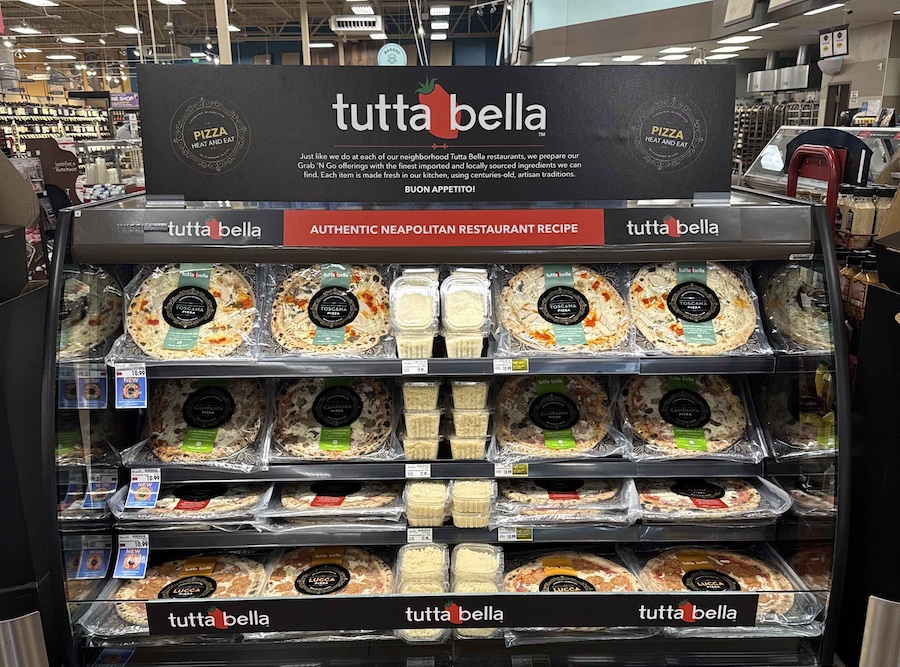
Having owned and operated restaurants for the past 40 years, I have seen my share of scams, schemes and pitfalls—the kind any owner can fall victim to at the cost of a considerable amount of profit. These “situations” are at the outset seemingly innocuous and hardly raise a blip on your management radar. They are, unfortunately, of legal origin and thereby difficult (read “expensive”) to remove yourself from. What I’m referring to are the little service contracts that more and more regional and national vendors want to initiate with you to ostensibly “guarantee” good service and prices—but in reality lock in a potentially predatory relationship.
I have had contracts presented to me for laundry service, trash service, used grease pickup, CO2 gas delivery, extermination services, and phone maintenance—to name a few. In all of these contracts (which I, thankfully, read prior to signing) I had essentially no rights except to pay whatever they charged for whatever level of service they deemed adequate with no cancellation rights. I couldn’t cancel any of the contracts for price increases or poor service or even no service. Even if I went to the prescribed arbitration for disputes (and of course pay my half of the arbitrator’s cost), it was still not possible to void the contract. And when the expiration date approached—and if I did not want to renew the contract—I had to inform them 59 days before it expired, between 3 and 4 a.m. during the waning phase of Venus, all while standing on one leg. If I did not follow their prescribed procedure for nonrenewal, then I was stuck with the automatic renewal clause.
I hope you’re getting the drift of this article: It’s your money, and it’s your job to keep it, because a lot of people will do whatever they can to get it.
“But Ray,” you say, “Joe, my laundry man, has been providing my towels and aprons for years and he would never do something like that.” My reply is that he probably wouldn’t and neither would his company, as they have both grown and prospered because of their local contacts and their friendly and efficient service and prices. They would always take the time to explain in depth to you any need for a price increase and correct any service problems even before they happened.
However, in our current economic environment it would be highly unusual for Joe’s company to stay independent for your entire career. In all probability, a larger linen service will at some time purchase your local company (as happened in my case). This larger concern will feel the need to maximize profit to validate its purchase and start pushing for contracts so it can, supposedly, “get the best deals and pass the savings on to you.” Need I say that the only thing that passes on is your money?
The above situation actually happened to me. We had been with a local linen company for years before the owner retired and sold his business to a large regional commercial laundry. My manager partook of the Kool-Aid of friendship that the new company was offering through old and friendly faces, and without reading it and without consulting me, signed the contract. About six months later I noticed our linen bill had increased substantially. When I got comparable quotes from other linen companies, I realized that we were being overcharged, really overcharged.
When I brought my concern to old Joe, he replied that the prices were set at headquarters, miles and miles away, and now he just delivers the towels. When I contacted the local manager, he responded by saying that we had a contract and I should read it. All of the pitfalls that I mentioned above were in this document. Fortunately for me, since my manager had been the one to sign the contract, I was able to wriggle off their hook. Otherwise I would have been paying literally twice the going rate for linen service with no recourse for the next five years. As I said before (and please repeat this every day—even tape this mantra to your safe), “It’s your money and it’s your job to keep it, because a lot of people will do whatever they can to get it.”
At this point I should probably take a step back and state that not all contracts are evil. You need a property lease (contract) to protect yourself and your location. In many cases, money-saving deals on foodstuffs can be had by contracting to guarantee vendor exclusivity. There are other examples.
Even in a situation that benefits you, however, when you are presented with a contract, you need to read it, think about it, ask questions, and then read it again. Why does this company need a contract to provide you with their service? How will this contract benefit me? How will this contract benefit them? What will happen if I refuse the contract?
Or, more pragmatically, why does a linen company need a contract to deliver towels at a reasonable price? Why does a bottled gas deliverer need a contract to provide CO2? Why does an extermination service need a contract to deal with critters once a month? The answer to all is, “They don’t.” These contracts are only a means of “locking you in” and forfeiting your rights to enjoy the fruits of competition and, consequently, your profit.
My idea of an ideal contract is the unwritten one, where a company provides you a service and you pay them for it. If they keep doing it in an economical, efficient manner, you’ll keep paying them for their service. If they fail in some part of the above equation, then you’ll find another provider.
Your business is in all likelihood your lifeblood. Giving a part of it away because of an inability to use your commonsense is a recipe for disaster. There is no reason to acquiesce to unfair demands. There are more honest companies and honest people than you might realize. It’s your job to find them and, through them, enjoy a successful business.
Ray McConn owns Mother Bear’s Pizza in Bloomington, Ind., a single-unit operation with $3.8 million in annual sales. He will sit on two panels at Pizza Expo in March 2013, the Million-in-One Club and Winning Customer Service, both offered during Monday, March 18, pre-show sessions for new operators and first-time attendees.
For more details on International Pizza Expo 2013, visit www.pizzaexpo.com.






